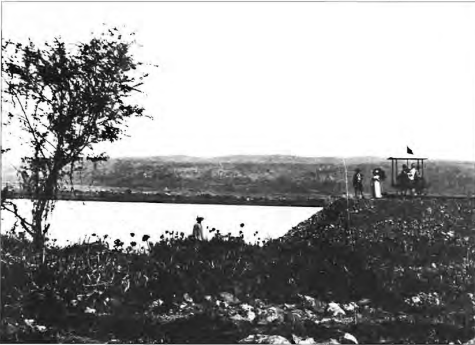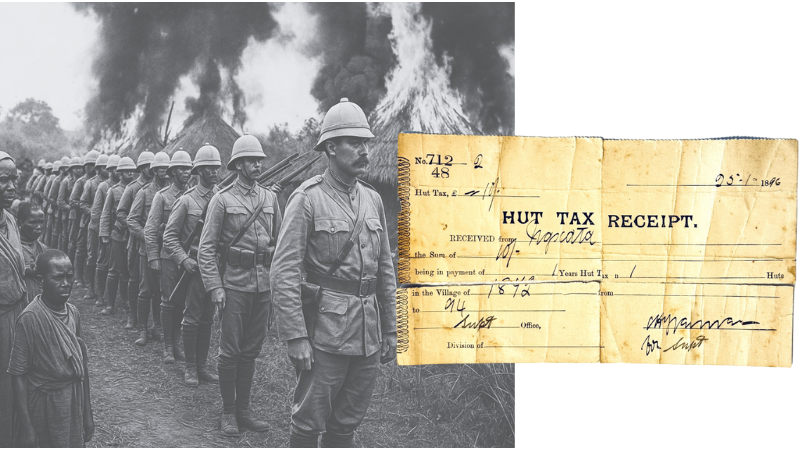The History of Nakuru
If cities had mirrors, Nakuru’s would be cracked straight down the middle. On one side, pink flamingos flocking in their tens of thousands across the alkaline waters of Lake Nakuru, a paradise scene so delicate it adorns postcards. On the other side, scorched earth, barbed wire, and the ghosts of ethnic clashes that turned fertile … Read more










